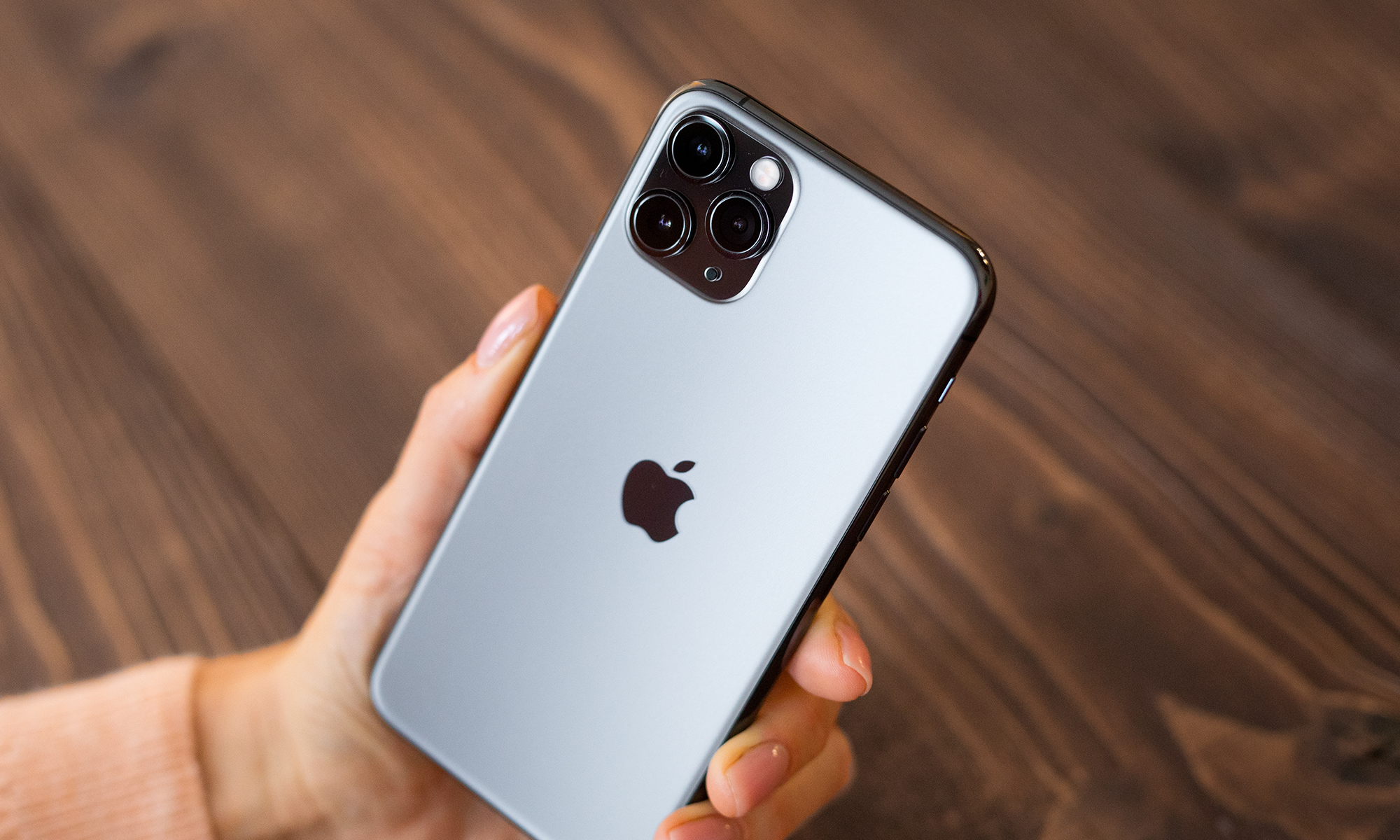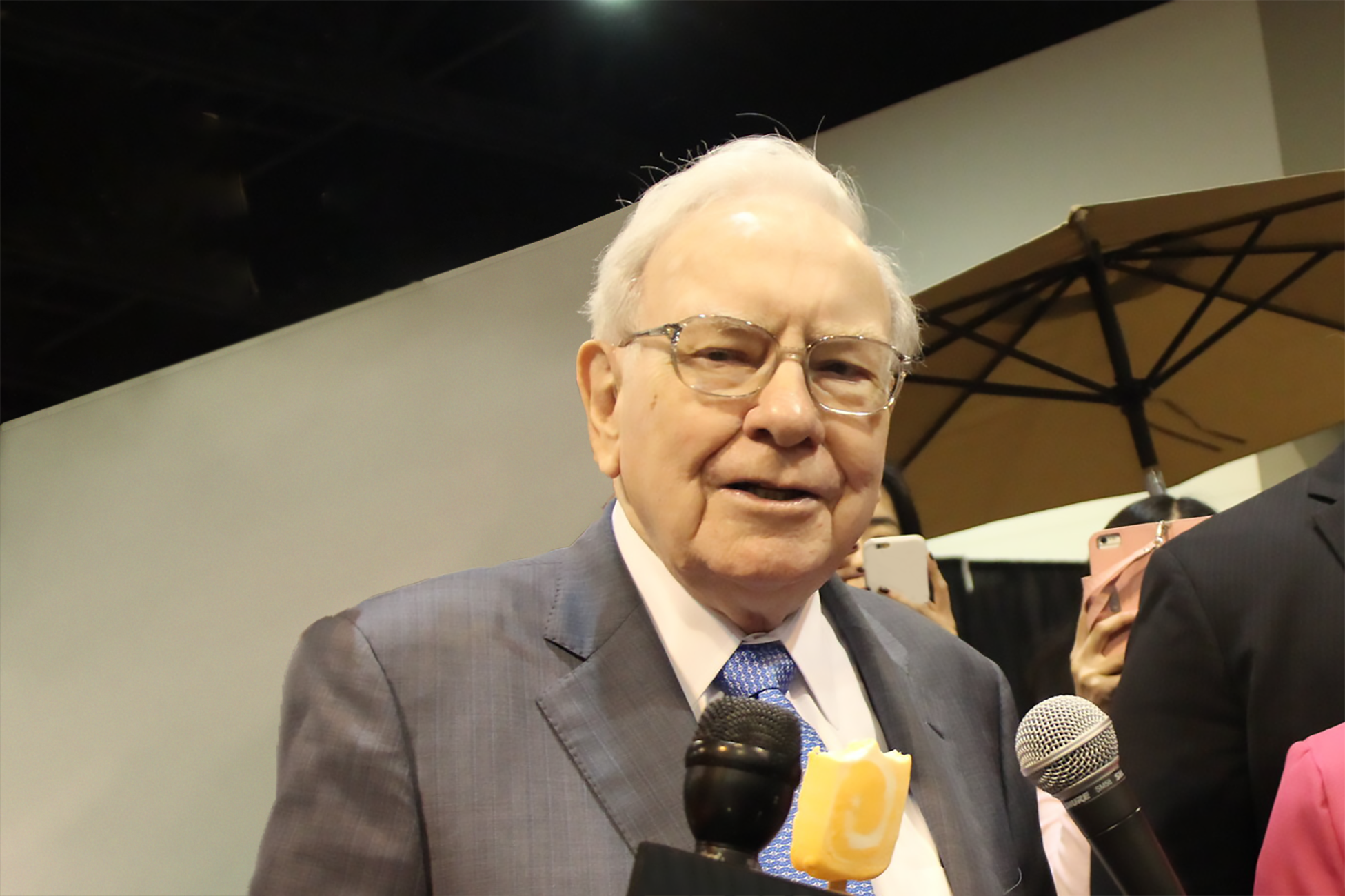Have you seen Apple's (AAPL +1.14%) new commercial? There's something noteworthy missing. See if you can figure it out.
Unlike the ads we've seen in recent years, which have generally shown off the iPhone, iPad, or Mac, or compared Apple's products with those of its competitors, the iPhone-maker now seems to have shifted into a full-on meta-brand. It's no longer selling products, just emotions. And while the sight of young people kissing in Paris may make some viewers feel warm and fuzzy inside, the subtext is leaking out behind the facade: "We're out of ideas. The pipeline has run dry. We don't have any new products so we're going to try to make you fall in love with the old ones again."
You could argue, of course, that Apple is returning to the spirit of its "Think Different" campaign of yesteryear, when Albert Einstein, John Lennon, and Winston Churchill graced billboards with the Apple mantra. But that was when we could reasonably believe that Apple did think different, when it had the products to back up that bold assertion.
The Apple of today is anything but. After all, this is a company that's been in full-on harvest mode since Tim Cook took over. In his nearly two years at the helm, only one significant new product has come out. And that product -- the iPad Mini -- is simply a scaled-down version of the iPad, a size that Steve Jobs famously knocked. Jobs considered the 7-inch screen to be a no-man's land between smartphones and full-sized tablets like the iPad.
Under Cook's stewardship, the company has also been profoundly un-Jobs-like in its focus on the financial side of the business. Since taking the top post, Cook has implemented a dividend and share buyback program, which Jobs refused to do. He also signed a $17 billion debt agreement to keep profits parked offshore away from the IRS, and gave a spirited defense of the company when asked by Congress to explain Apple's tax-minimizing strategy. Apple aficionados only wish they would see that kind of passion for the product side of the business like they saw from its founder.
Even the company's new ideas are old ideas. At WWDC last week, Apple announced the long-rumored iTunes Radio, but this product is little more than a clone of Pandora, Spotify, iHeartRadio, and the dozens of other music-sharing services already on the market. Pandora is immensely popular, with over 200 million listeners and more than 5 million likes on Facebook, and has been at the Internet radio game for over 10 years, yet it is still not profitable. How, exactly, does Apple carve out a significant space in this market, and drive enough profit from it to be meaningful to its bottom line?
iOS7, perhaps Apple's meatiest reveal during the conference, was similarly greeted with shrugs as critics took the new app designs to task. Notably, many of the icons were created by the marketing team, not the company's designers. The market was similarly unimpressed with the presentation; shares finished down over 1% that day. But the bigger problem here is that Apple doesn't need a new operating system -- it needs new products.
On that front, consumers only have rumors to tease their imaginations, and plenty of ink has been spilled about potentially ground-breaking new products such as a full-screen smart TV or an iWatch. In December 2011, company supply chain sources said an iTV would launch by the summer of 2012. It's now the summer of 2013, and the world is still waiting with no further clue. Similarly, the iWatch has been in the works for some time; the company originally filed a patent for a type of video display slap bracelet back in 2011. Sources have said the watch is due out by the end of 2013, but that promise seems less believable with the delays we've seen in the smart TV.
Foolish bottom line
Apple is a technology company, not a beverage maker, and resting on its laurels is not a viable strategy for future growth. We need to see something new out of the Cupertino kids soon, or like Kodak before it, Apple may be nothing more than a beautiful memory.







